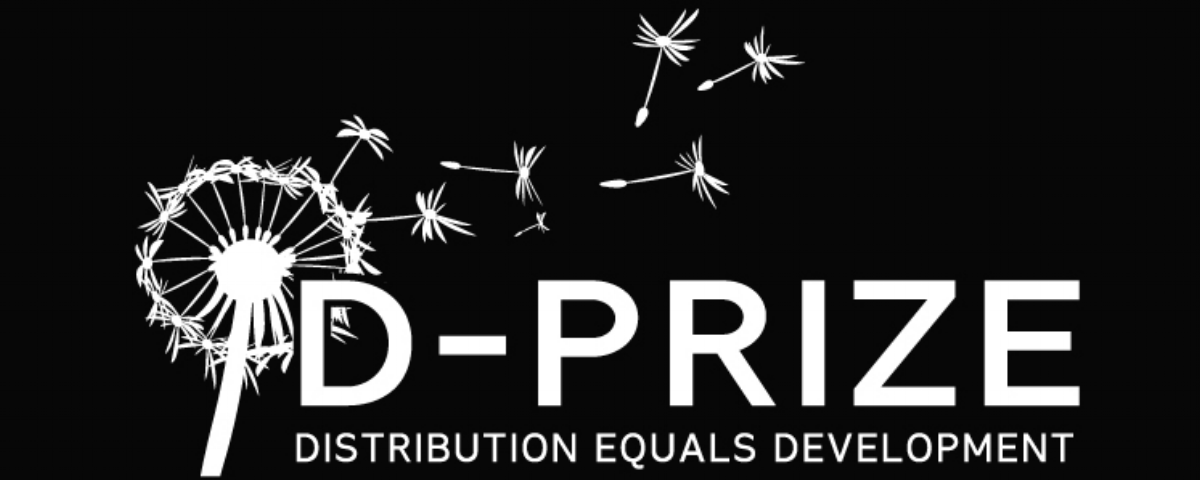COOK STOVE CHALLENGE; KENYA
PROVEN INTERVENTION TO BE DISTRIBUTED
Cook stoves.
Learn more about the Cook Stove Challenge and how clean cook stoves reduce health and safety risks, lower fuel expenses, and help reduce poverty.
DISTRIBUTION MODEL INNOVATION
The main barriers limiting the adoption of clean cook stoves in Kibera slums are: Unaffordability; People living at the base of the economic pyramid earn an average of $40 to $100 monthly income and spend a third of their income on fuel. Low income households have to prioritize purchases and are therefore not able to afford modern cook stoves without staggered payment plans. Inaccessibility; Due to poor infrastructure most low income household cannot access clean cook stoves which are mostly sold outside the slum areas. Kibera slum is also notorious for hostility and businesses shy away from setting up shop. Lack of knowledge on the impacts of pollution; Low income households are ignorant of the health, social and environmental hazards of traditional and inefficient cook stoves.
Mukuru Clean Stoves will partner with local women groups to educate the community on the impacts of household air pollution through marketing campaigns run for three months in the most popular local markets in Kibera.
82% of micro enterprises in Kibera slums are women owned. Mukuru Clean Stoves will be working with them as ambassadors and retailers of our clean cook stoves. The small business owners will earn a 10% commission per cook stove sold. To make the products more affordable and increase adoption rates, the team will introduce a convenient, staggered payment plan to be implemented through mobile wallets.
PILOT AND SCALING GOALS
Reach 530 people by the end of the pilot phase
Reach 12,000 people by the end of year 1
Reach 18,000 people by the end of year 2
FOUNDING TEAM
Charlot Magayi - Project Manager
Diannah Omaribah - Operations Manager
Mary Oula - Project Administrator
Angela Oruko - Field Officer
Sharon Adhiambo - Sales Representative
Josephine Kemunto - Field Officer

